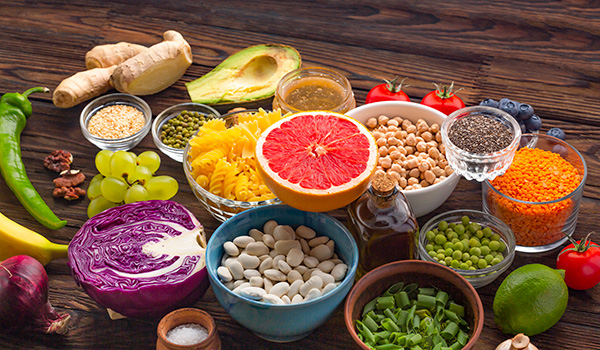
Healthy snacking can be helpful if done consciously and in moderation. Snacking between meals can prevent overeating by preventing hunger between meals. Snacking might give nutrients or foods missed from earlier meals. Snackers consume more fiber, calcium, and vitamin C than non-snackers. Snacking is fine, but it’s important to stick with whole, healthful items. Here are 10 tips for healthy snacking:
Think nutrients, not calories.
Instead of calories, focus on nutrient density. Many 100-calorie snack boxes aren’t as nutritious as they might seem. While low in calories, they may lack healthy nutrients. Therefore, instead of counting calories, choose healthy snacks that are high in minerals, vitamins, complex carbs, protein, and healthy fats.
Make snacks from several food categories
Healthy snacks combine foods with diverse advantages. Protein and carbs make filling snacks. In addition, protein keeps you satisfied, and carbs fuel your day. Further, it’s good to choose lean proteins and high-fiber carbs like whole grains, nuts, vegetables, fruits, and seeds.
Whole foods make great snacks!
Need Healthy snack ideas? Well, first…whole foods are preferable to processed foods. Many manufactured snack items are unhealthy. Therefore, it’s wise to choose whole food snacks or make your own at home. Making your own snacks lets you control the contents. Furthermore, it saves you money.
Here are some healthy, low-cost snacks that you can make ahead of time or on the fly:
- Apple-cupcakes
- Trail mix
- Fruit+nuts
- Blended kefir
- Vegetables+hummus
- Yogurt+granola+fruit
- Egg + fruit/veggies
- Tortilla chips and salsa
Snack to curb hunger.
Snacking between meals can reduce overeating at the next meal. Nevertheless, it’s important to keep snacks healthy and simple. However, don’t overeat. After all, it’s still a snack.
Stay mindful while snacking
Avoid snacking while watching TV or using a computer. These activities can hinder hunger and fullness cues. Therefore, eat at a set table, counter, or terrace. In addition, try not to eat out of boredom or stress. You might be tempted to eat nutrient-poor, high-sodium, fat, and sugar foods without hunger. Therefore, choose whole foods when hungry.
Watch portions.
A snack should curb hunger between meals, not replace one. Therefore, consume snacks in moderation. You don’t need to measure your food. However, knowing portion sizes can help you know when to quit. If you buy or cook snacks in bulk, separate them up into smaller containers. This is one of the most important tips for healthy snacking.
Prepare snacks ahead.
Plan weekly healthy snacks. Planning ahead will help you avoid harmful snacking. Energy bites, hummus, trail mix, and chocolate-covered dried fruit are wonderful weekday snacks.
Make healthy snacking options easy.
Need some healthy snack ideas? Here is a great one…Keep pre-cut veggies and fruits visible in the fridge or cupboard for quick access. In addition, you can keep pantry staples on hand to make nutritious snacks.
Take along snacks.
Have you ever been running errands and gotten hungry? Do you risk becoming “hangry” or going to a drive-thru for something quick? Instead, pack some snack food to help you stick to your health goals. Trail mix, granola bars, whole-grain crackers, and fruit don’t need refrigeration.
Avoid eating constantly.
The quantity of snacks you eat depends on meal size and calorie needs. Some people eat a mid-morning and late afternoon snack, whereas others only eat in the afternoon. It isn’t good to be snacking constantly or late at night. It may indicate poor meal planning. If you are choosing healthy snacks, it also makes sense to prepare nutritious meals.

